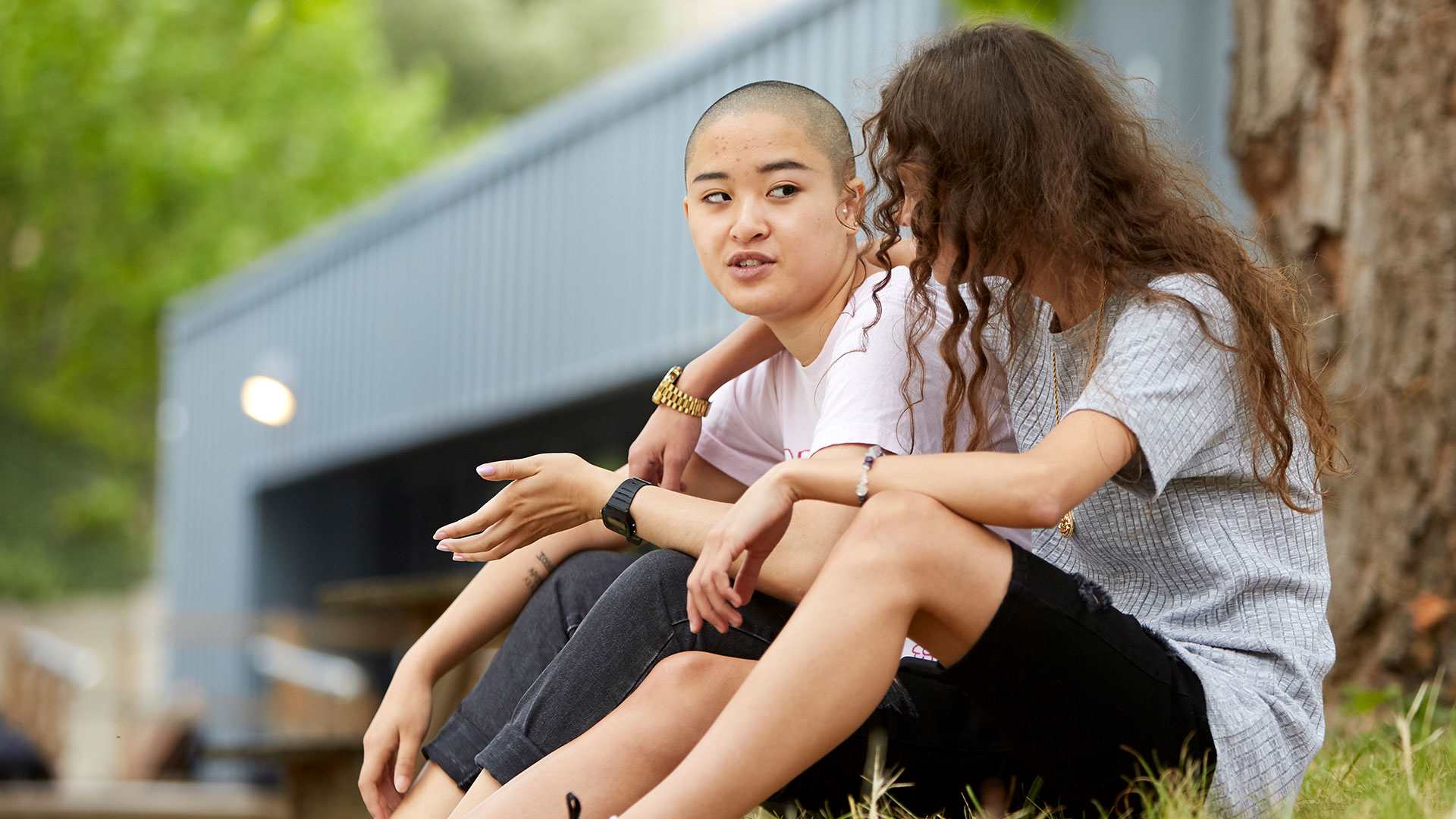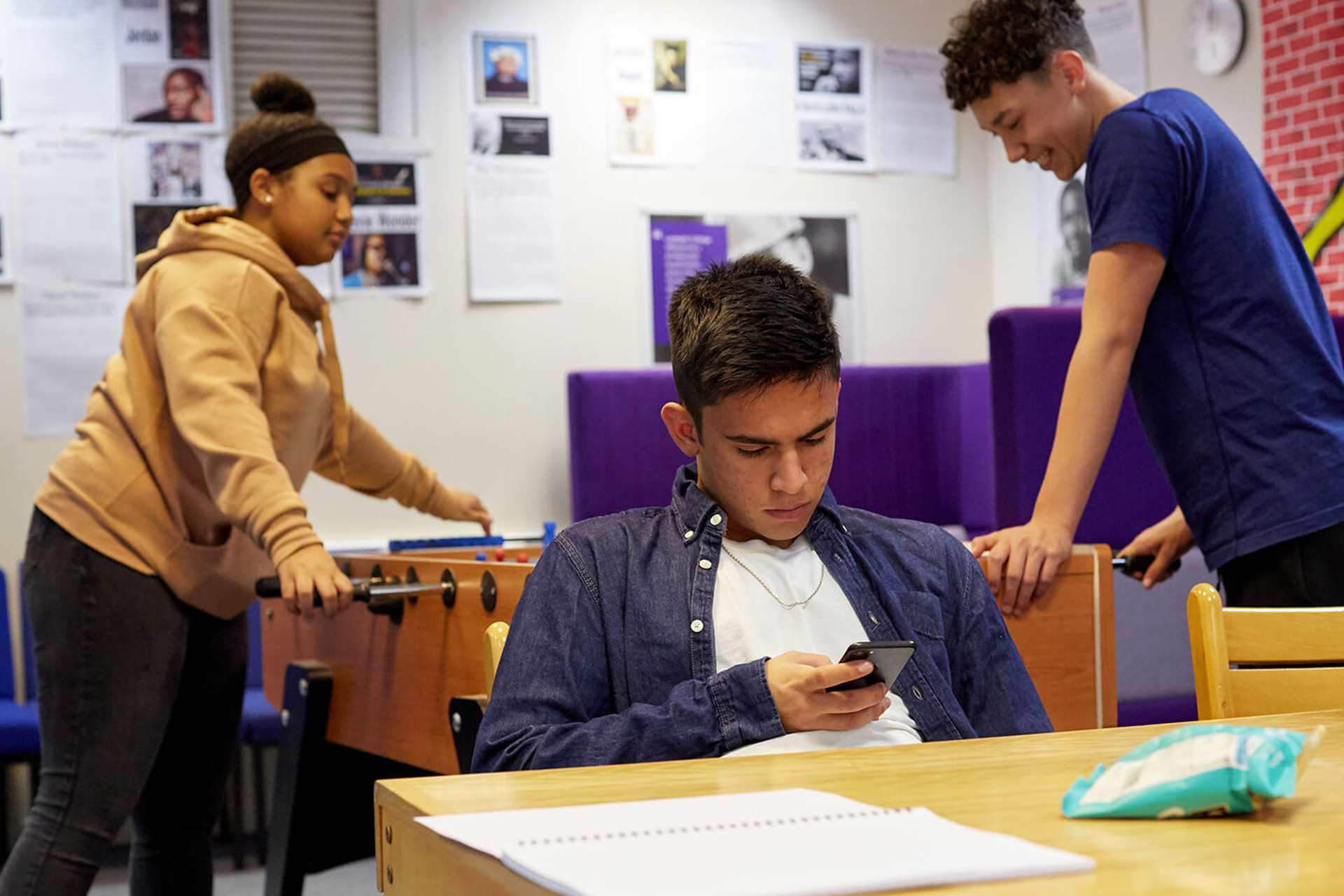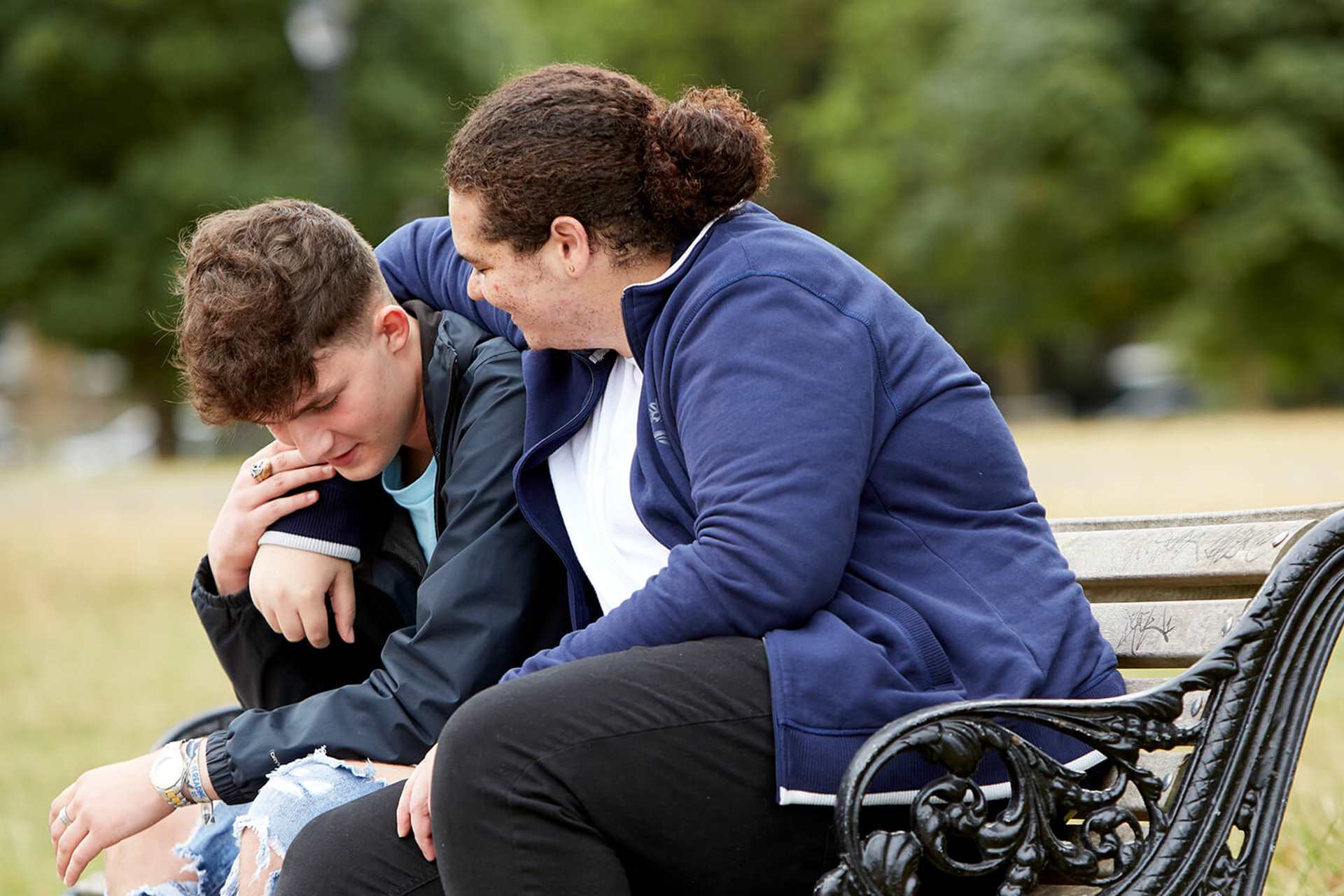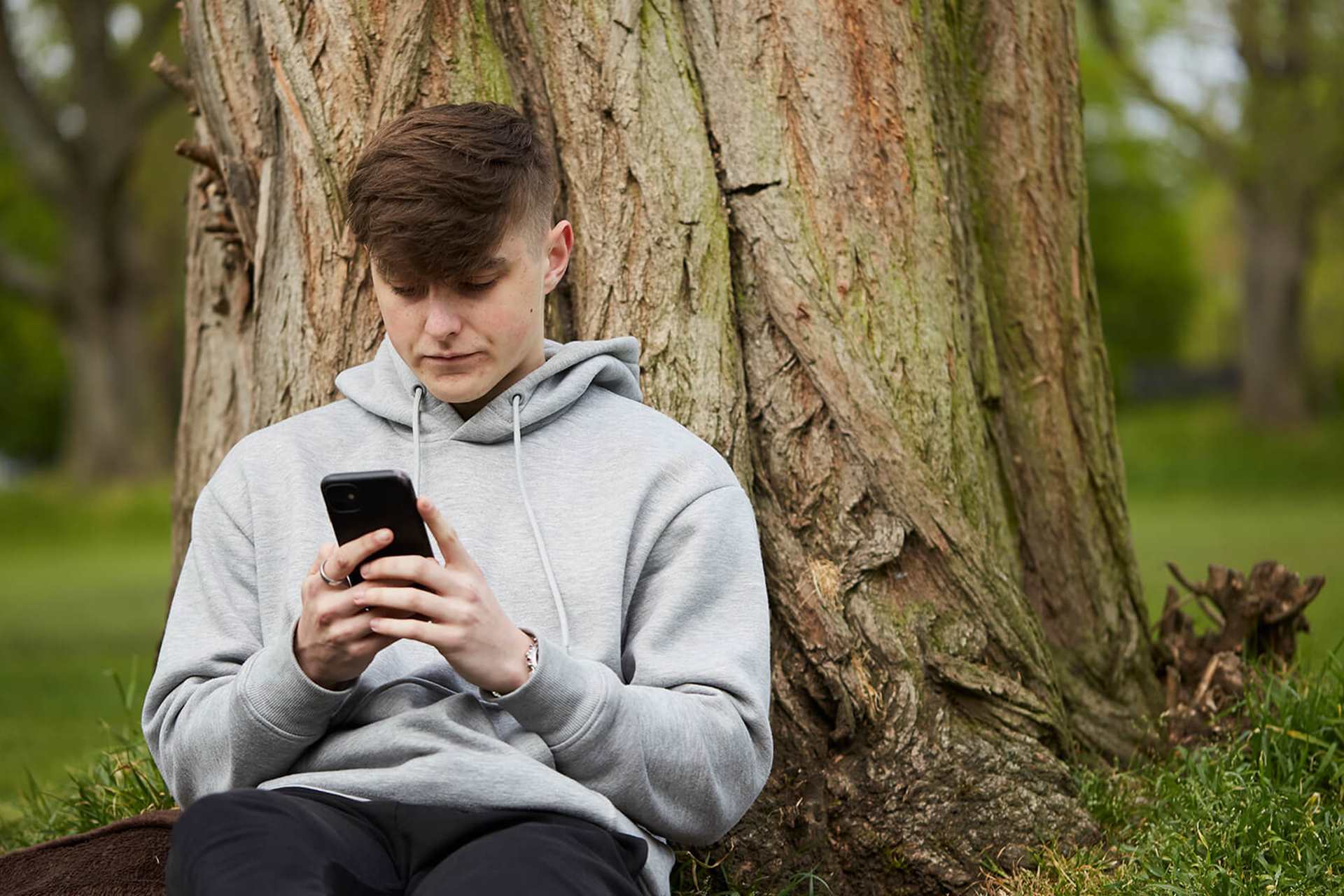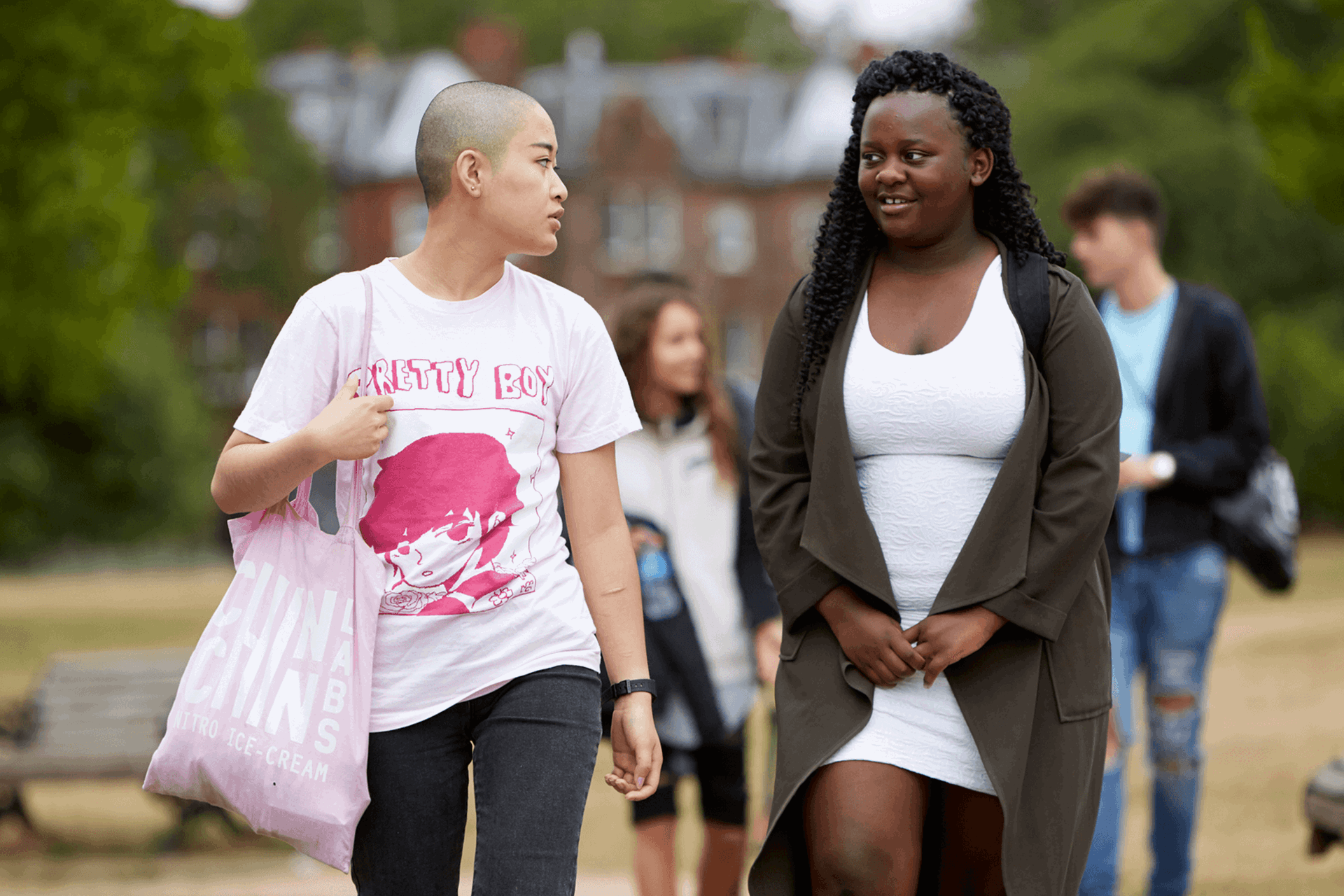Topics mentioned: autism and mental health, bullying, problems at school
About: Our Activist, Rosie shares her experience of autism and being bullied at school, and how she spoke up about it and got help.
As part of my autism, I tend to take things very literally so I started to believe that what they were telling me was true.
Like many autistic people, I was bullied throughout my time at both primary and secondary school. It started when I was seven and had just moved to a new school.
I was struggling to make friends because of my difficulties with social communication. Eventually, one of my classmates decided that I was going to be her best friend. It was a relief at first, but it soon became clear that she wasn’t really interested in my friendship.
Instead, she was using me to do things I didn’t want to do and she started to make horrible comments about me, both to my face and behind my back. This went on for several years, and I thought it would stop when I moved schools for year seven.
Instead, she was using me to do things I didn’t want to do and she started to make horrible comments about me.
My experience of being bullied
Unfortunately though, it didn’t quite work like that. At my new school, I had similar problems making new friends, because I didn’t really understand how you were supposed to do it and other people thought I was a bit weird.
I was lucky enough to make two amazing friends, who at the age of 21 I still consider to be my best friends, but I also met a girl who wasn’t so friendly. It started off with name-calling, telling me I was useless and a horrible person.
She would tell me in the corridor how awful I was, leave post-it notes on my locker and even pass me notes in lessons. Over the next three years, her friends started to join her. As well as the verbal bullying, they would make threats, physically hurt me and spread rumours so that nobody would talk to me.
I bought a notebook and wrote down everything that they said or did to me over two weeks, with the time and place where it happened.
How I told my teacher
As part of my autism, I tend to take things very literally so I started to believe that what they were telling me was true. I couldn’t understand why somebody would bother to threaten me and tell me I was useless if I wasn’t a genuinely awful person.
That’s part of the reason why I found it hard to talk about it while it was happening - I felt like I deserved it somehow (which of course I didn’t). I also didn’t know how to approach a teacher to tell them I was being bullied, because nobody had ever told me what to say and my autism meant that I struggled to work it out for myself.
My therapist at Child and Adolescent Mental Health Services (CAMHS) suggested that I keep a log of the bullying, so I bought a notebook and wrote down everything that they said or did to me over two weeks, with the time and place where it happened.
I took this to a teacher who I trusted, along with a note to explain what the log was about, because it felt easier to write it down than to sit in front of someone and try to find the right words and splutter them out in the right order.
Now, I can recognise that her hurtful words and actions had nothing to do with who I was as a person.
How my school dealt with bullying
We agreed that all my teachers would be told to rearrange the seating plan in their classroom so that I was as far away from the girls bullying me as possible. I was also given permission to eat my lunch in the library with my friends instead of in the lunch hall.
I was happy with that, because I have sensory issues which made it hard for me to cope in the lunch hall anyway. The bullying didn’t stop immediately, but it did fizzle out once the girl who started it all seemed to decide it was too much effort to keep it up now that school staff were involved.
I don’t think the school did as much as they could have done, but they did make an effort to help me and reassured me that what was happening was not my fault.
Remember that you didn’t cause it, you don’t deserve it and you don’t have to put up with it.
Bullying is never the fault of the victim
It’s taken me a long time (and a lot of mental health treatment) to recognise that the things she was saying about me weren’t true. Now, I can recognise that her hurtful words and actions had nothing to do with who I was as a person.
I’ll probably never know why she did what she did, or why others joined in, but at least now I can recognise that it wasn’t my fault. In fact, bullying is NEVER the fault of the victim, whatever the people bullying you might want you to think.
I may be different, but that doesn’t mean I deserved to be bullied for it, and neither do you. Bullying is a horrible thing to go through, but remember that you didn’t cause it, you don’t deserve it and you don’t have to put up with it.
More information and advice
We have tips and advice to help you find the support you need. Take a look at our guides.
Where to get help
However you're feeling, there are people who can help you if you are struggling. Here are some services that can support you.
-
Childline
If you’re under 19 you can confidentially call, chat online or email about any problem big or small.
Sign up for a free Childline locker (real name or email address not needed) to use their free 1-2-1 counsellor chat and email support service.
Can provide a BSL interpreter if you are deaf or hearing-impaired.
Hosts online message boards where you can share your experiences, have fun and get support from other young people in similar situations.
- Opening times:
- 24/7
-
Shout
Text SHOUT to 85258.
Shout provides free, 24/7 text support for young people across the UK experiencing a mental health crisis.
All texts are answered by trained volunteers, with support from experienced clinical supervisors.
Texts are free from EE, O2, Vodafone, 3, Virgin Mobile, BT Mobile, GiffGaff, Tesco Mobile and Telecom Plus.
Texts can be anonymous, but if the volunteer believes you are at immediate risk of harm, they may share your details with people who can provide support.
- Opening times:
- 24/7
